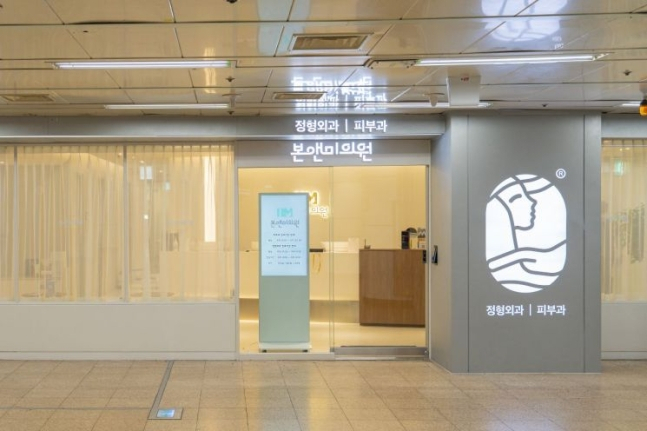 |
A medical clinic inside a Metro Medical Zone in Yeoksam Station (Seoul Metro) |
Seoul Metro, the operator of most of the city's subway lines, said Friday it would increase the number of its Metro Medical Zones in the stations from current eight to 12 within this year.
The Metro Medical Zones are sections of the subway that provide medical services between 9:30 a.m. and 8 p.m., 365 days a year, housing both the fully-operational medical clinic and the pharmacy. The service first launched with two medical zones in 2022, and have since expanded to have eight zones in operation.
As of now, the Metro Medical Zones exist at Yeoksam Station, Jongno 3(sam)-ga Station, Digital Media City Station, Hapjeong Station, Gangnam-gu Office Station, Myeonmok (Seoil University) Station, Hak-dong (Nanoori Hospital) Station, and Nonhyeon Station.
Seoul Metro plans to add Yeokchon Station, Sagajeong (Green Hospital) Station, Yongmasan (Yongma Falls Park), and Jangji Station to the list. The phase one of the plan would be receiving the bids for the Yeokchon and Sagajeong stations starting Monday, after which the bidding for the other two stations will commence next month.
Bidders must have a license to practice medicine or pharmacy in order to operate in Seoul Metro's official medical zones.
The Metro Medical Zones were introduced after the Ministry of Land, Infrastructure and Transport in 2020 officially allowed the class one neighborhood living facilities to be operated inside subway stations. Such facilities refer to the services closely related to daily lives of the people, such as medical facilities, beauty salons and fitness centers.
There are also 32 pharmacies being operated inside Seoul subway stations, outside of Seoul Metro’s medical zones.






![[Today’s K-pop] Blackpink’s Jennie, Lisa invited to Coachella as solo acts](http://res.heraldm.com/phpwas/restmb_idxmake.php?idx=644&simg=/content/image/2024/11/21/20241121050099_0.jpg)
